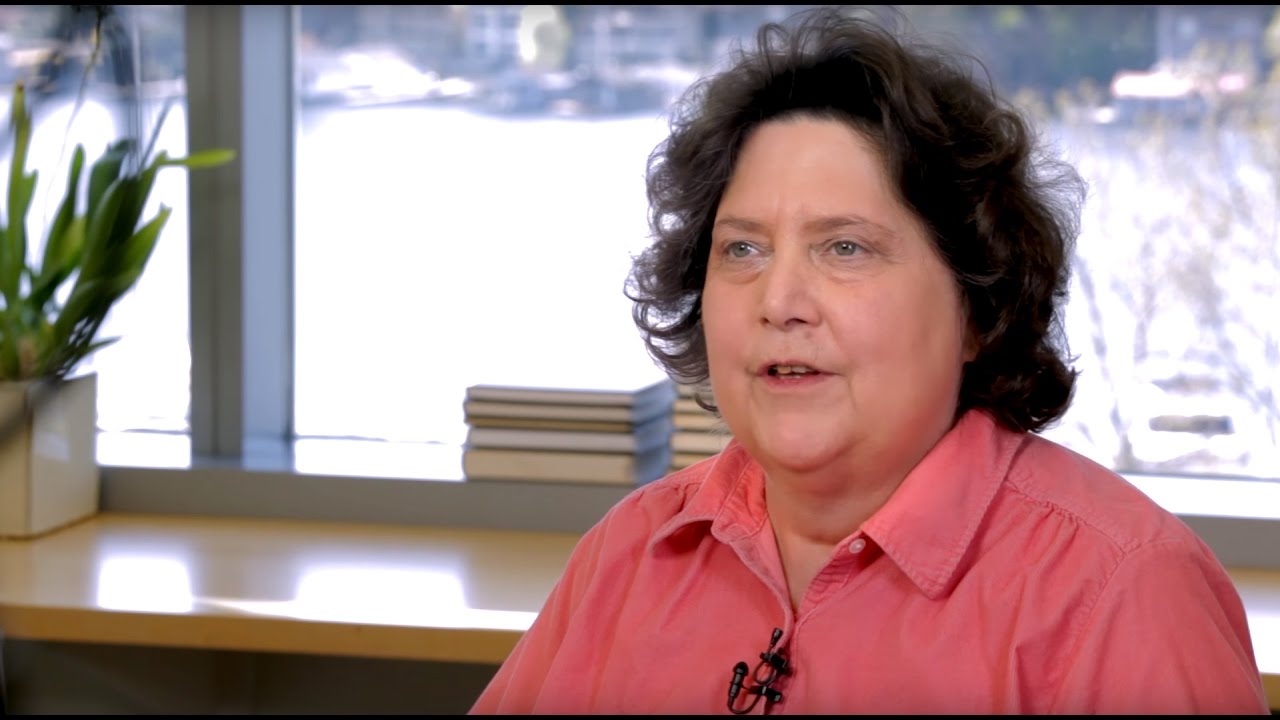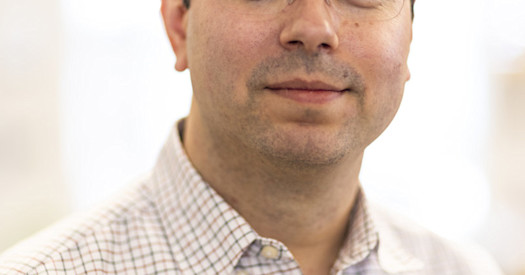
(Introduction: February 10 marked the first public release of data from the international Trans-Omics for Precision Medicine (TOPMed) program, one of the world’s largest genome sequencing projects ever conducted. Findings were published in the journal Nature. BBI’s Debbie Nickerson and her researchers at the UW Medicine’s Northwest Genomics Center in Department of Genome Sciences have and will continue to play a significant role in TOPMed. Dr. Nickerson discusses the study and her lab’s involvement.)
BBI: Please explain the TOPMed project and its significance.
Dr. Nickerson: TOPMed, truly is extraordinary. More than 400 million variants in the human genome sequence were uncovered. We at the University of Washington joined other researchers around the US compiling massive datasets to increase the diversity of genetic studies. The great objective, of course, is to advance precision medicine among government agencies, research universities, and health care systems.
BBI: What do you personally find most interesting?
Dr. Nickerson: Clearly the racial and ethnic diversity of the more than 130,000 participants. People of Asian descent comprise 9 percent; Hispanic and Latino, 15 percent; African 47 percent; European 63 percent; and other groups at 4 percent. It’s truly ground-breaking.
BBI: What would you say are the overarching goals?
Dr. Nickerson: I’d have to say there are two overarching goals. The first is to gain new knowledge and insights into the genetic architecture of the heart, the lung, the blood system, and sleep disorders. The second is to identify – for researchers everywhere – potential ways to improve the diagnoses, treatments, and prevention strategies related to these conditions. These conditions are some of the most common causes of death and years of disability.
BBI: Who is behind this study? Who is funding it? In addition to the University of Washington, what other academic institutions are working on this?
Dr. Nickerson: It’s sponsored by the National Institutes of Health (NIH) National Heart, Lung and Blood Institute (NHLBI). Nearly one-thousand researchers are involved from Harvard University, Johns Hopkins University, the University of Michigan, University of California, San Francisco, and the Broad Institute at Harvard and the Massachusetts Institute of Technology, among others.
BBI: How about you and your team of researchers?
Dr. Nickerson: My colleagues and I worked closely with the UW Medicine’s Northwest Genomics Center in Department of Genome Sciences. We were one of the five entities providing whole genome sequencing. The others were the New York Genome Center, Washington University Genome Center, the Baylor College of Medicine Genome Center, and the Broad Institute.
In total, nearly 40 scientists representing the UW participated, from the School of Public Health, the School of Medicine, and BBI.
BBI: Any final thoughts?
Dr. Nickerson: All of this work comes down ways to improve people’s lives through precision medicine. It’s quite rewarding for our researchers and me to play such an important role in this study. Down the road, I am certain, this work will lead to fewer people dying prematurely or suffering long term from conditions like COPD, hypertension, stroke, congenital heart disease, atrial fibrillation, congestive heart failure, hemophilia, and sickle cell disease.


